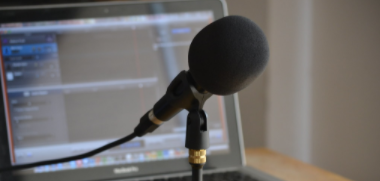
AI Occupational Exposure score unavailable For more insight, research the specific tasks and skills required for the role.
Explore all careersA Broadcast Technician ensures seamless media broadcasts, managing equipment, solving issues, and following production briefs in various media formats.
Get qualified to work as a Broadcast Technician with a course recognised across Australia. Speak to a training provider to learn more.
In Australia, a full time Broadcast Technician generally earns $1,425 per week ($74,100 annual salary) before tax. This is a median figure for full-time employees and should be considered a guide only. As you gain more experience you can expect a potentially higher salary than people who are new to the industry.
 Courses.com.au Team
Courses.com.au Team
There has been strong growth in employment numbers in this industry over the last five years. There are currently 16,800 people working in this field in Australia and many of them specialise as a Broadcast Technician. Broadcast Technicians may find work in all regions of Australia, particularly larger towns and cities.
Source: Australian Government Labour Market Insights
 Courses.com.au Team
Courses.com.au Team
A Certificate IV in Screen and Media (Broadcasting) is an ideal qualification if you’re planning a career as a Broadcast Technician. This course will prepare you to work in a range of roles in television, radio and other media industries. You’ll develop your technical skills and improve your knowledge of current industry practices.
 Courses.com.au Team
Courses.com.au Team



A Broadcast Technician performs a range of duties during media broadcasts. You might work in television, radio, podcasts or other types of media. Broadcast Technicians operate equipment and ensure broadcasts are being transmitted without any issues. You might specialise in sound quality, vision or other aspects of media production.
Broadcast Technicians must be flexible and able to deal with issues as they arise. You’ll need to be able to solve problems quickly and come up with solutions to a range of technical glitches. Broadcast Technicians should be able to follow instructions and work with a production brief.